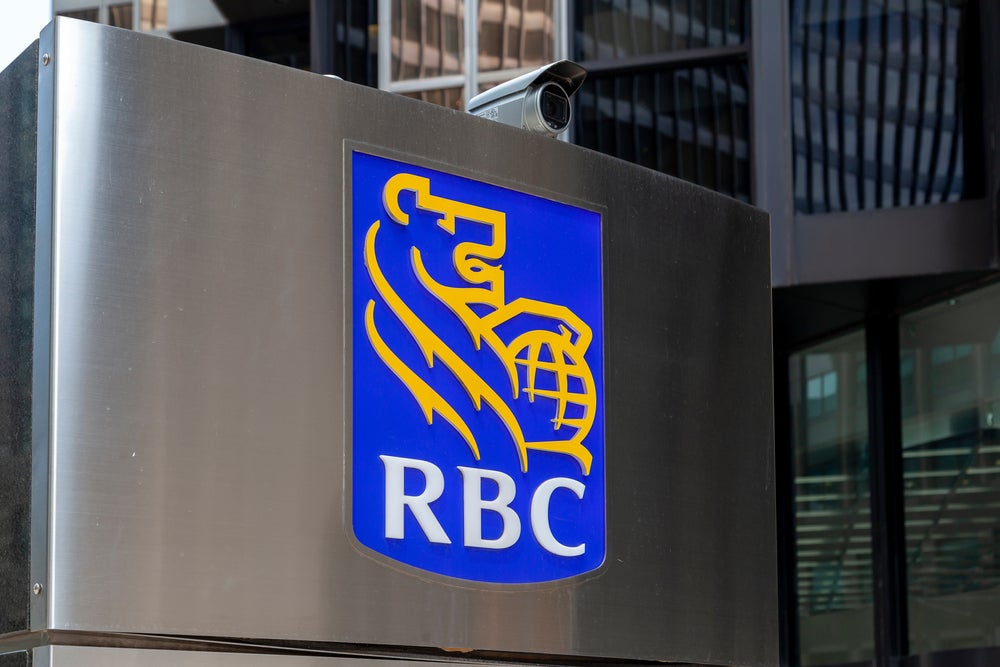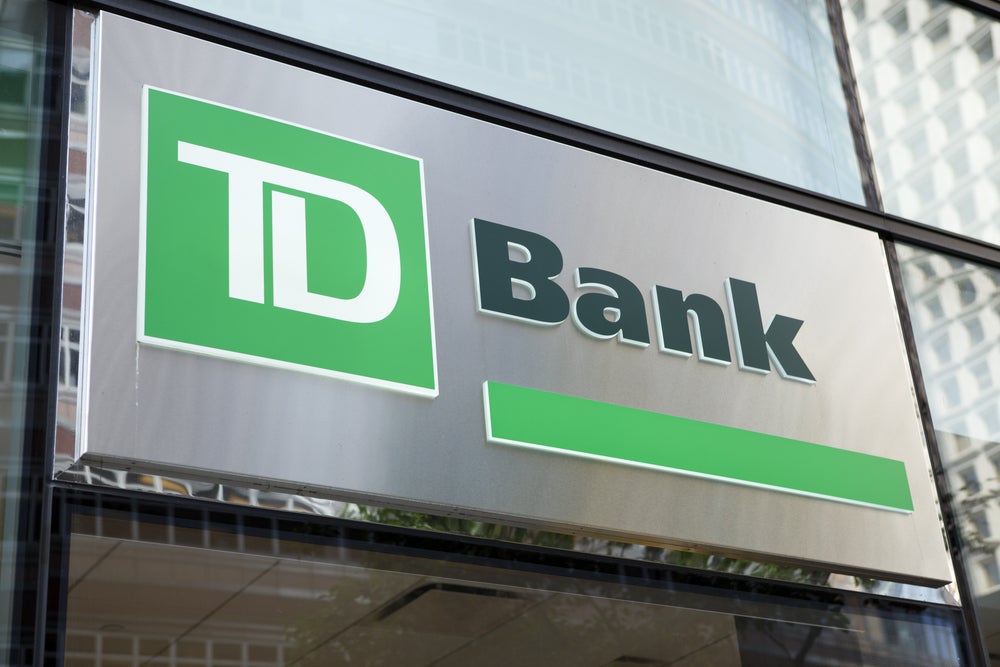
By almost every business metric – mortgages, consumer lending, mutual funds, business lending and deposits – Royal Bank of Canada (RBC) ranks in first place in its domestic market – but not in the credit cards sector.
RBC, with a 27.3% market share, is now gunning for market leader Toronto Dominion (TD). This will be worth watching: RBC CEO Dave McKay is not in the habit of missing targets.
TD Bank captured the number one spot back in 2013, overtaking long-term credit card market share leader CIBC. At an investor day in Toronto on 13 June, McKay, outlined plans to grow its Canadian customer numbers by 2.5 million in the next five years, with credit card growth very much in his sights. RBC will spend C$3.2bn ($2.5bn) on technology this year, including investment on digital marketing, AI and social media.
RBC, WestJet launch Ampli
RBC is also forming a next-generation loyalty platform, dubbed Ampli, with airline Westjet, with the aim of delivering unparalleled value to consumers through amplified earning power on a simple and convenient digital solution.
Open to all Canadians, Ampli will provide members with merchant offers, flexible rewards and exclusive bonuses. In addition, members who spend on RBC cards and fly with WestJet will receive augmented rewards.
McKay said:“The Canadian loyalty landscape is ready for disruption, and Ampli is a fundamental shift in the business model. We are bringing together top Canadian brands to help them reach consumers more efficiently and effectively. We will also provide consumers with opportunities to earn rewards and save money like never before.”
How well do you really know your competitors?
Access the most comprehensive Company Profiles on the market, powered by GlobalData. Save hours of research. Gain competitive edge.

Thank you!
Your download email will arrive shortly
Not ready to buy yet? Download a free sample
We are confident about the unique quality of our Company Profiles. However, we want you to make the most beneficial decision for your business, so we offer a free sample that you can download by submitting the below form
By GlobalDataAmpli will go head to head with the Aeroplan rewards programme. Last year, WestJet rival Air Canada announced that it would split with Aeroplan and start its own rewards programme. Visa provides Aeroplan-branded credit cards issued by TD and CIBC; American Express Canada also partners with Air Canada as a credit card partner in the Aeroplan rewards programme. RBC became the first major issuer in Canada to offer both Visa and Mastercard credit cards when it teamed up with WestJet to launch a travel rewards Mastercard co-branded with WestJet.
Almost 90% of Canadian adults hold at least one credit card; the average number of credit cards per Canadian adult is about 2.2 cards, with reward programme benefits a key issue in the cards battleground. Canadians belong to an average of around 11 loyalty programmes, with almost 80% of Canadian adults holding a credit card offering rewards.
McKay said RBC’s decision 20 years ago not to outsource its rewards programme had paid off handsomely. RBC Rewards has five million members; last year RBC Rewards points redemptions grew by 7%, and according to McKay, RBC Rewards will deliver more points than any rival offering by 2019.
RBC Rewards members are 1.7 times more digitally engaged than non-members, hold 1.5 times the average number of RBC products per person and are twice as profitable as non-members.
Digital customers up 8% to 6.5 million
Overall, RBC digital customer numbers grew by 8% last year to 6.5 million, and its digital adoption rate of 49% of all customers is up by six percentage points since 2015.
Digital sales as a percentage of all sales grew also rose by six percentage points in the same period, from 24% to 30%, and McKay has targeted 50% of sales by digital by 2021. Currently, 35% of all credit card sales are digital – a figure RBC is also committed to growing.
A renewed focus on digital marketing is paying off in the credit card sector. The rate of growth of approved new-to-RBC credit card applications is on track to rise threefold in the 12 months to the end of the first half of 2018 compared to the previous 12-month period.
RBC estimates that its current credit card customer acquisition rate is between two and three times the rate of its peers. RBC is also attracting more premium customers. The average FICO score of new customers acquired is a healthy 780, while around 35% of new Visa Infinite RBC Avion credit cardholders are new customers to RBC, up 15 percentage points from 2015.
CIBC held the top slot by market share for around 10 years until 2013; TD has ranked first for the past five years. This one will run and run.







